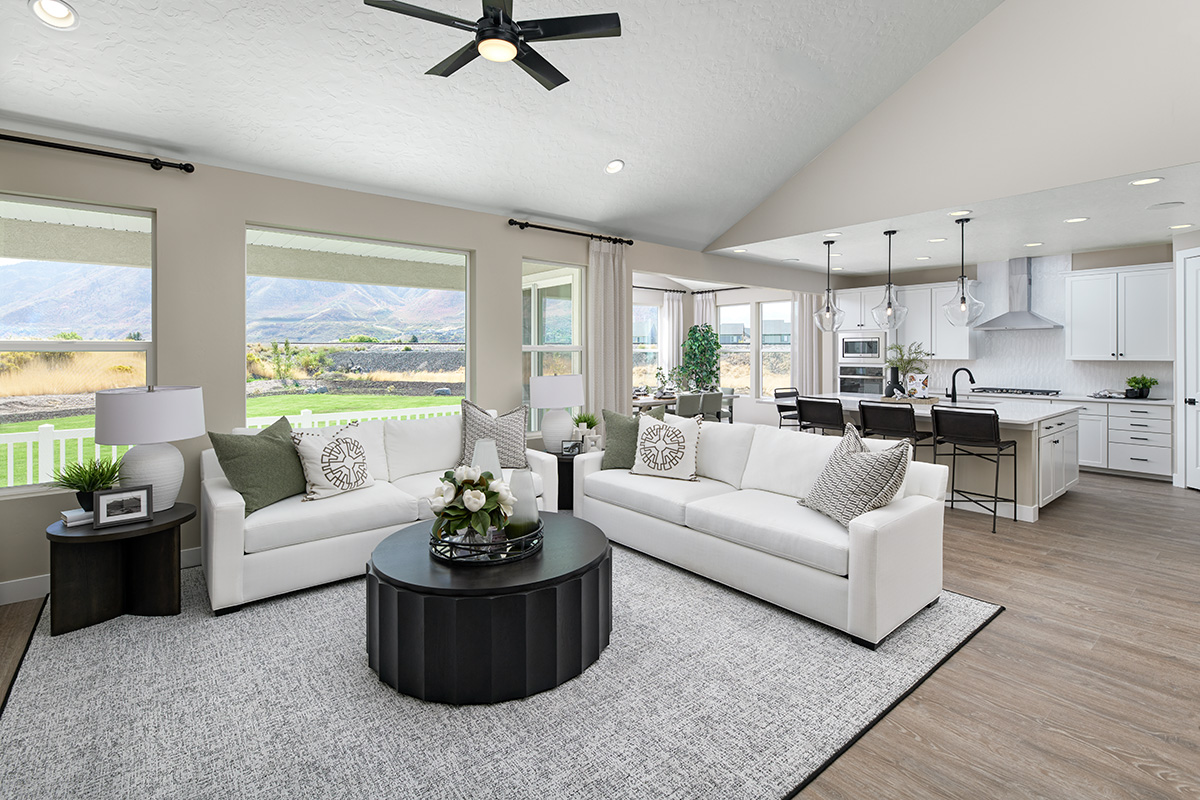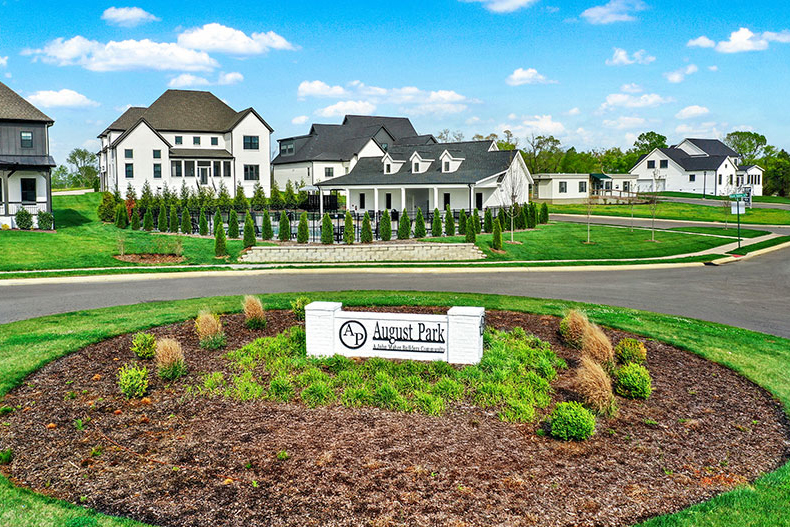Buying a home is an exciting experience, but it’s also a large purchase. As an agent, you likely know just how much information there is for clients to learn about the homebuying process, especially when it comes to the financial side. It’s natural for buyers, especially first-timers, to experience some confusion regarding certain topics. One concept we’ve received numerous questions about is how to differentiate between earnest money vs. down payment.
It can sometimes be challenging for new buyers to understand the difference between an earnest money deposit and a down payment, especially if they’re unclear on what earnest money is and when or how it is collected. Educating homebuyers on this concept is instrumental in helping manage their expectations throughout the process. If you’d like, you can use the information from this article as a useful starting point for explaining the difference between these two payment types to your clients.
What is earnest money?
We sometimes hear buyers ask, “Is earnest money the same as a down payment?” This misconception is understandable, but it’s important for clients to understand the difference between earnest money vs. down payment before they sign a contract.
Earnest money is a deposit paid to the builder to demonstrate the buyer’s good faith and commitment to the purchase (which is why it’s sometimes referred to as a “good faith deposit”). This sum is collected when the contract is signed and is held until closing. At that time, the earnest money deposit is applied toward the buyer’s down payment or closing costs.
Pro Tip: If your buyers are first-timers and not familiar with earnest money deposits, be sure to have the on-site sales associate go over the details before the contract signing so your clients can make an informed decision. They may also be unclear about what they might pay at the closing table—we’ve gathered a few tips for explaining closing costs to clients as well.
How much earnest money is collected?
The short answer is, it depends. The earnest money deposit is usually a percentage of the home’s base price and can vary depending on the location, the home and the loan type. For instance, the deposit amount required for a quick move-in home may differ from the amount required for a home that’s being built from the ground up, since the latter involves a longer time commitment for both the buyer and the builder. Typically, the amount ranges from one to five percent of the home’s base price, depending on all the factors stated above.
What is a down payment?
A down payment is a sum paid at the time of closing and is applied toward the total purchase of the home. The amount is taken as a percentage of the home price and varies depending on the loan type and the buyer’s credit profile. The larger the down payment, the smaller the loan will be, which also means less interest paid by the homebuyer over the life of their loan. For buyers with an FHA loan, the down payment amount may be as low as 3.5%, making it easier for entry-level borrowers to save up for a new home.
In certain situations—such as a veteran or military client obtaining a VA loan—a down payment may not be required, but the buyer will still pay an earnest money deposit. Instead of being applied to the down payment, that deposit can go toward closing costs or be credited back to the total price of the home.
If your client is unclear about which type of loan they’ll use or how much they’ll want to set aside for a down payment, it’s best to direct them to a loan officer. Our affiliated lender, HomeAmerican Mortgage Corporation (see licensing info), is available at 866.400.7126 or online here.
Recap: earnest money vs. down payment
To reiterate, the primary differences between earnest money deposits and down payments are as follows:
- Earnest money is usually a percentage of the base home price, while a down payment is a percentage of the total home price after all additional costs, such as personalization selections, are calculated.
- Earnest money is collected when the contract is signed and the down payment is paid at the time of closing.
- Earnest money will almost always be paid, even when a down payment is not required.
- An earnest money deposit is a sign of good faith to the builder and helps the buyer secure their home. A down payment helps the buyer secure their loan.
Looking for more resources to share with your clients?
We’ve created a guide that offers a helpful overview of the loan process, from pre-application to closing.





